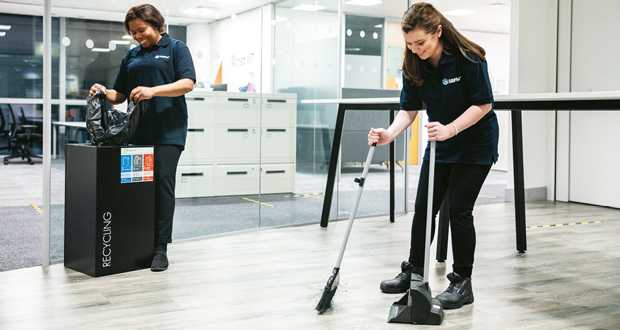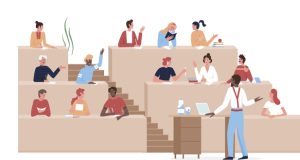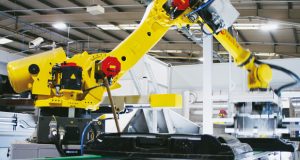 Ricky Majer, Chief Technology Officer at SBFM asks, in an industry reliant on its frontline workforce, are field-based employees getting the recognition they deserve? Could tech and gamification technology be a way to engage and empower cleaning staff?
Ricky Majer, Chief Technology Officer at SBFM asks, in an industry reliant on its frontline workforce, are field-based employees getting the recognition they deserve? Could tech and gamification technology be a way to engage and empower cleaning staff?
It’s no secret that the FM sector grapples with a multitude of challenges when it comes to its frontline teams. Recruitment difficulties, high employee turnover, and communication barriers are just a few of the issues faced by the industry. These challenges are nothing new; all FM companies will know them well.
Addressing these concerns presents its own trials. Managing widely dispersed cleaning staff is a substantial obstacle for a number of reasons: a significant portion of these operatives operate outside of traditional hours, often in isolated roles at client sites, presenting formidable barriers to achieving meaningful engagement over the years.
Indeed, according to YouGov data, almost half of British frontline workers (48 per cent) said they couldn’t “put a face to the name” of most team members they communicate with at head office, leading more than one in four (32 per cent) to say they feel disconnected from their HQ colleagues(i).
This is at the same time that The Deskless Report 2023 revealed the top factors driving frontline workers’ happiness and success include recognition, clear communication from head office, feedback, training and upskilling, and adequate technology. Worryingly, some 42 per cent of frontline employees are now contemplating leaving their jobs this year due to the failure to meet these fundamental needs(ii).
It’s clear something needs to change. So how can the cleaning industry overcome these challenges? And how do FM companies empower and engage their field-based teams? One approach that has emerged as a potential solution is the use of digital technology and gamification for reward and recognition programmes.
THE GAMIFICATION OF CLEANING
The concept of digitally driven ‘gamification’ in an industry like cleaning, characterised by low wages and limited career advancement, offers a multitude of advantages worth exploring.
For a geographically dispersed frontline workforce, the potential of such a technology-led model to foster connectivity, engagement, and motivation should not be underestimated. This becomes even more critical when considered in the context of the disconnect between frontline workers and office-based staff in the facilities management sector.
Gamification and innovative technologies have emerged as powerful tools to bridge this divide. By implementing gamified approaches and utilising technology-driven solutions, facilities management organisations can create a more cohesive, engaged, and motivated frontline workforce. Gamification strategies can turn routine tasks into engaging challenges, offering employees a sense of achievement and progression in their roles.
This represents a powerful ally when it comes to training and upskilling. By integrating game elements and digital tools into their training programmes, organisations can create engaging and interactive learning experiences. This approach not only captures the attention of cleaners but also promotes active participation and retention of essential skills and knowledge.
When supported with the real-time feedback and assessment that digital platforms support, it not only enhances the effectiveness of training but also empowers frontline cleaners to excel in their roles, contributing to higher job satisfaction and overall performance. By keeping them in touch with their head office staff, frontline workers feel more connected to their company and in turn their role.
Incorporating technology such as mobile apps and communication platforms can facilitate real-time connections among dispersed teams, fostering collaboration and a stronger sense of community. Moreover, the data collected through these technologies can provide valuable insights into workforce dynamics, enabling organisations to tailor their engagement efforts to the specific needs of their employees.





